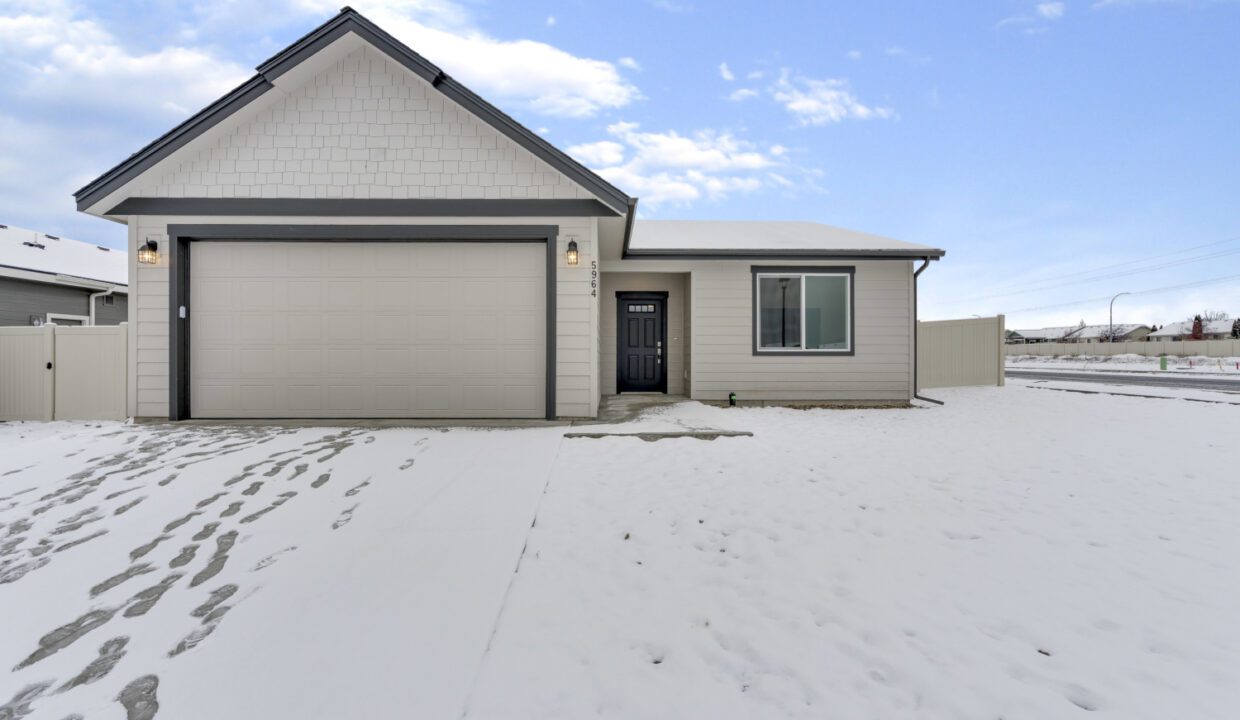
As winter approaches, it’s essential to take the time to do necessary yearly maintenance and preparations on your Architerra Home. The change in seasons brings a variation in Weather – cold Weather, ice, and snow. Cold Weather can have adverse effects on your home if not prepared properly. Here are a few tips to making sure your home is prepared and protected as the cold Weather of winter blows in.
- Blow Out Your Sprinklers: Blowing out your sprinklers is exactly what it sounds like – compressed air pushes any lingering water out of your irrigation pipes after the last cycle of the year. Blowing out your sprinklers protects your pipes from holding water that could freeze and potentially burst your irrigations lines. When water freezes, it expands, and that could cause a pipe to crack or burst – an absolute nightmare to face when you turn your sprinklers back on come spring.
- Install Clean Filters: Air filters are crucial to maintaining healthy and clean air circulation in your home. A clogged air filter can cause damage to your HVAC system. Additionally, a clean air filter assures cleaner, healthier air circulating your home for you and your family to breathe.
- Close Crawl Space Vents: Close your crawlspace vents during the winter to prevent exposed pipes from freezing. As temperatures cool in winter, the air becomes dryer, and this cooling effect can be detrimental to exposed pipes. Keeping your crawlspace vents closed adds additional insulation for protection.
- Unhook Hose from Outdoor Valves: It is essential before it starts to freeze to unhook your hose from the valve. Hoses can often hold water that can back into the piping through the valve. If your valve isn’t drained and your hose is disconnected, it could result in a burst pipe. Once your hose is disconnected from the valve, storing it indoors and out of the cold will help preserve the integrity of the hose.
- Keep Your Heat at 55° or Higher: During winter, keeping your house at 55° or higher with consistent airflow protects the keeps your home comfortable, your heating bill consistent, and your pipes safe. With today’s thermostats and insulation, keeping your house at 64° or higher is consistent and efficient due to automated thermostats like the Nest.
- Keep Your Garage Door Closed: Keeping the garage door closed adds to your home’s heating efficiency. If it is open, it acts as a large vent. Keeping your garage door closed holds air in and keeps your home warmer.
- Change out Weatherstripping on Exterior Doors: Weatherstripping can get worn down over years of use. Buying and installing new weatherstripping in your home every few years ensures protection against unwanted water or moisture entering the house. It also has the secondary benefit of keeping interior air in – providing cost savings and energy efficiency for heating and cooling your home.
